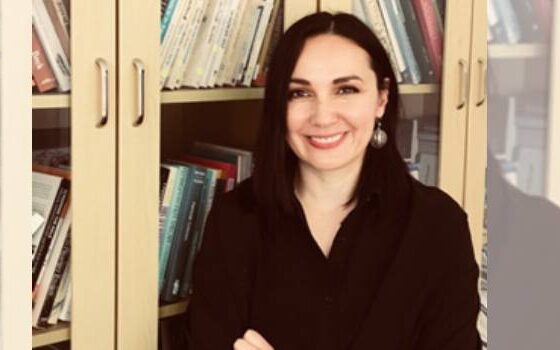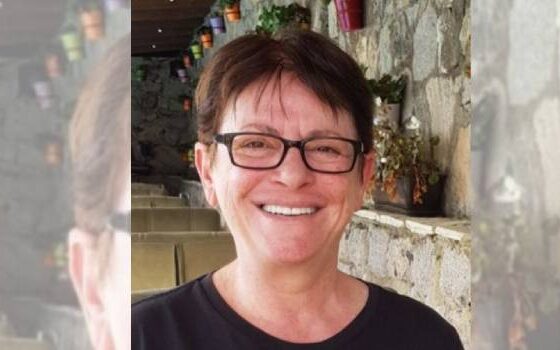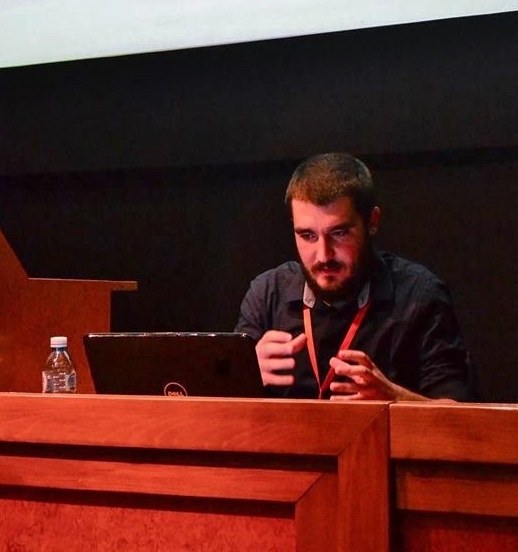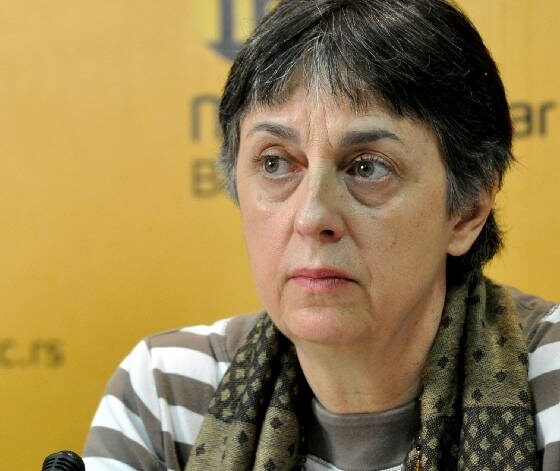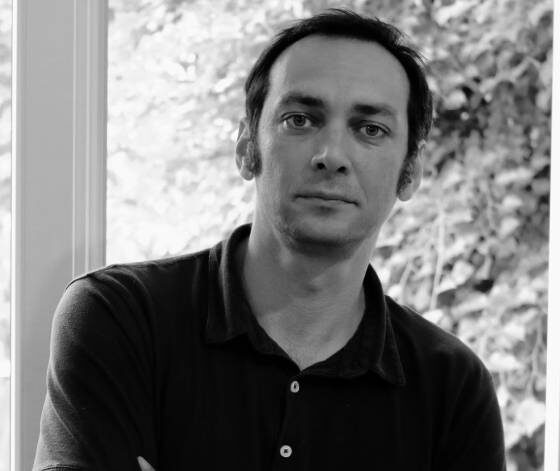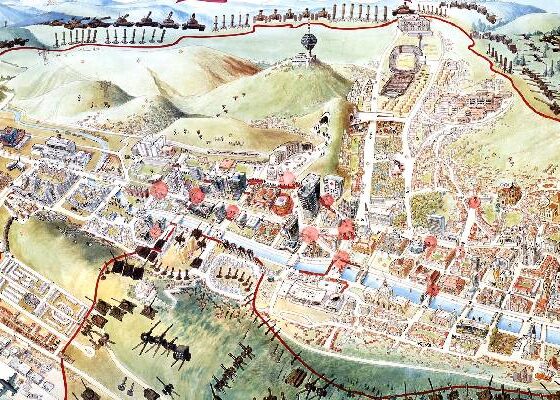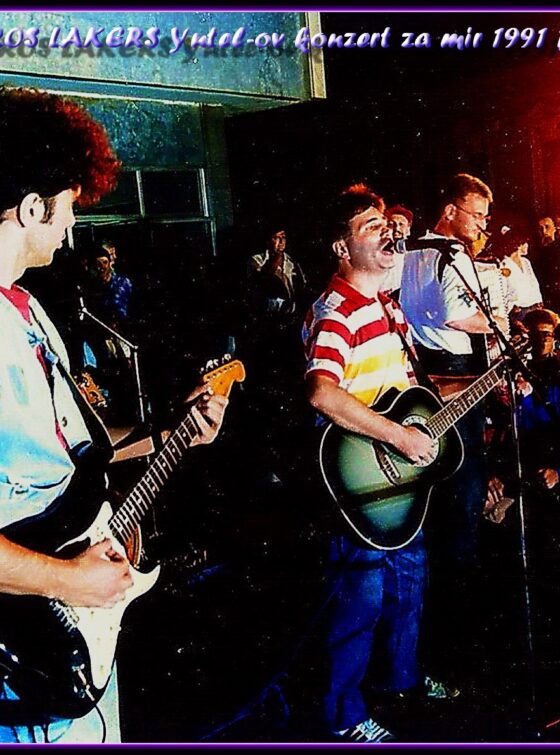Exhibition “Data: Mars” – Protests and Women’s Activism in Kosovo
Feminist activism has a long history of erasure and marginalization. The historical amnesia surrounding women’s movements renders any attempt of unearthing their genealogies and experiences an act of intervention in itself. Grounding women’s movements, however, calls for tackling the complexities […]
Women’s Protests in the 1990s in Kosovo: The Story of Igo Rogova
For several years, Albanians faced continuous occupation and violation of the rights to work, freedom of language, gathering, music, and moving. However, this became worse under the oppressive policies of Milošević’s regime. In 1998, the situation went from bad to […]
The Macedonian 1980s and 1990s: A Peace-Oasis?
Graduate School for Social Research, Polish Academy of Sciences To better understand the developments in Macedonia on the eve of and during the Yugoslav wars, the reader will benefit from a brief overview of the Macedonian 1980s and, pretty ahistorically, […]
Antiwar Movement and Women in Serbia during the 1990s
Just a cursory glance at the available data concerning the anti-war movement during the breakup of Yugoslavia, between 1991 – 1999, will almost force upon us a conclusion that it was, for the most part, initiated and carried out by […]
Towards the 30th anniversary of the Croatian Anti-War Campaign
Regardless of how conflicts are solved, people in these areas will continue to live together. We all need peace; therefore, we must work on developing the democracy and achieving economic, social, and ecological well-being. Our interests are the same; war […]
The Culture of Resistance and the Culture of Remembrance
One war had already ended (Slovenia, June 1991) and another was taking place in Croatia. We had already seen the fall of Dubrovnik, Vukovar, and the procession of refugees when the testing of barricades in the city began in Sarajevo […]
“Yutel for Peace” Concert, Banja Luka, 24 August 1991
May 1988. The square outside the “Boska” department store. The square named after Edvard Kardelj, one of the most important and famous politicians from the socialist era, and a close associate of Josip Broz Tito. According to the estimates made […]
